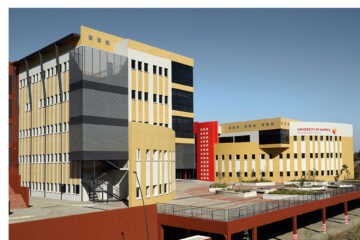Martin Endjala
The Communications Regulatory Authority of Namibia (CRAN), says unchecked market dominance could impede competition, stifle innovation and limit consumer choice.
CRAN chief executive officer, Emilia Nghikembua, said this during a public discussion on the impact of market dominance on various aspects of the telecom industry. The discussion was held in Windhoek recently.
“Market dominance isn’t just a theoretical concern; its real-world consequences can be felt by consumers through restricted choices, higher prices, and lower service quality. By actively monitoring and regulating market dynamics.
Nghikembua added that CRAN is addressing these issues, with the aim of fostering a more dynamic and competitive telecommunications market that benefits both businesses and consumers.
“CRAN seeks to ensure that all participants have an equal opportunity to thrive and contribute to the growth of the telecom sector,” she said.
Nghikembua stated that CRAN’s commitment is to promote a fair, competitive and vibrant telecommunications market in Namibia. Through proactive regulation, informed decision-making and stakeholder engagement.
She added that the telecommunication regulating company is working towards creating an environment where all players can thrive and where consumers can benefit from increased choice, better services, and competitive pricing.
She further added that it was determined that dominant operators within the telecommunications market sector were namely National Data Transmission, Wired End-User Access, Mobile End-User Access, and Call and Short Message Service (SMS) Termination.
Helene Vosloo, CRAN’s executive for economics and market development, said the dominance is observed in National Data Transmission, where Namibia Power Corporation Ltd (NamPower) and Telecom Namibia Ltd control over 85% of the country’s Fiber routes.
NamPower commands a 28% market share, while Telecom Namibia leads with 57%, followed by Mobile Telecommunications Limited (MTC) at 9% and Paratus at 6%.
Vosloo pointed out that 99% of data is accessed via mobile phones.
Of this, MTC leads by 82% market share while Telecom Namibia follows with 17%.
In the data packages, Telecom Namibia holds a subscriber market share of 90% as of the end of 2023. This significant market dominance Vosloo said, allows Telecom Namibia to operate independently and assert its influence in this segment.
Vosloo emphasised the unique challenges posed by voice and SMS termination, where the market for fixed and mobile call termination functions as a natural monopoly.
Consequently, she said all operators offering call and SMS termination are considered dominant players in the market.




